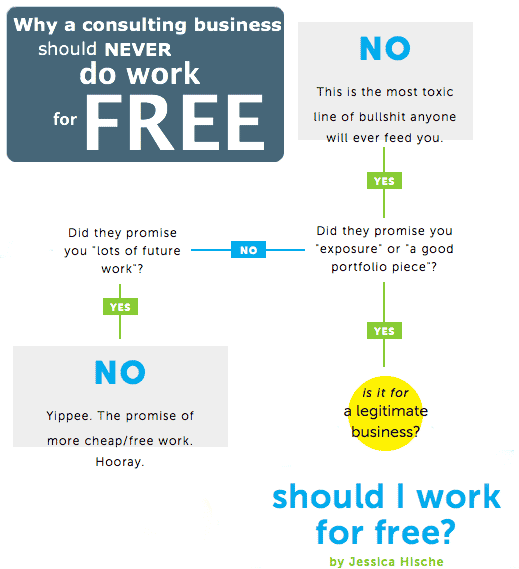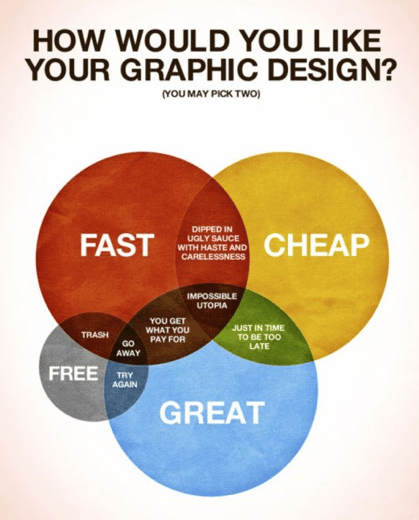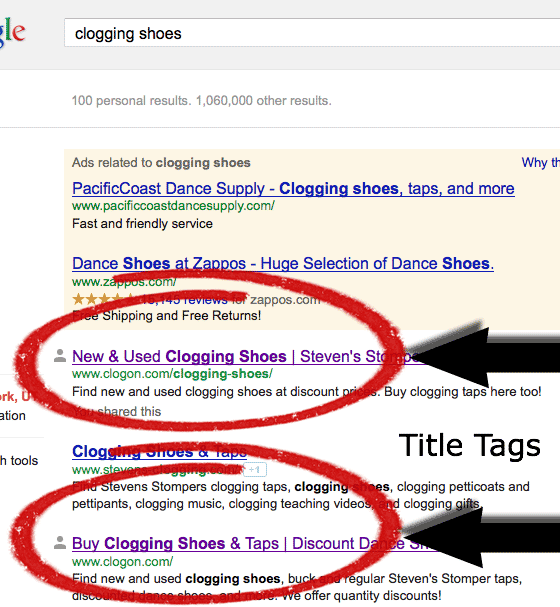I’m not a politician.
In fact, I think it’s one of the shadiest businesses out there.
I have stayed up-to-date a bit more this year with the presidential election, however. I’m not sure if it’s because of the social media presence the election has, or if it’s because I worked (indirectly) with Mitt Romney in the 2002 Winter Olympics.
The question that keeps coming up, though, after listening to all the media coverage, is this:
Is starting an online business going to be a good decision in the future?
I started my first online business in 2004 and it’s still running today.
I started it as a way to monetize a hobby, and it’s turned in to a decent residual income for our family.
Since it was my first business ever, I didn’t really know what to expect; therefore, I made some new business mistakes.
The Small Business Mistakes I’ve Made
- I set up an LLP instead of an LLC because it was cheaper.
- I started with one accountant, didn’t like them, moved to another, didn’t like them either, then another, then another, and ultimately I’m back at the original accountant I’d started with.
- I didn’t have a way to keep track of income and expenses.
- I didn’t get a business license. I was told by one accountant that I didn’t need one as an online retailer.
- I didn’t understand all the tax right offs that were available (not sure if I do now either but I do keep all business receipts and write who I was with and what I was doing on the receipt).
- I didn’t have a bookkeeper.
- I didn’t understand the benefits of setting up DBAs (not sure I do now either).
- I learned this year that doing payroll is a pain in the A@#.
- I learned this year that there are a lot of forms and paperwork the government requires if you are a full-time self employed person.
As you can see, there are a lot of things I didn’t know and still may not know as well as I should/could.
I recently read the infamous small business quote Obama shared with some of his followers. In my opinion, this quote could and SHOULD cost him the presidency. Here’s the quote:
The Barak Obama Stupid Business Quote of the Year
“You didn’t get there on your own,” Obama said. “I’m always struck by people who think, well, it must be because I was just so smart. There are a lot of smart people out there. It must be because I worked harder than everybody else. Let me tell you something — there are a whole bunch of hardworking people out there.
“If you were successful, somebody along the line gave you some help. There was a great teacher somewhere in your life. Somebody helped to create this unbelievable American system that we have that allowed you to thrive. Somebody invested in roads and bridges. If you’ve got a business, you didn’t build that. Somebody else made that happen. The Internet didn’t get invented on its own. Government research created the Internet so that all the companies could make money off the Internet.”
Really?
Did he just say all that?

Does he not realize that America is the land of opportunity?
Did he forget the concept of living the “American Dream”?
Granted, some of what he said is correct – none of us did everything on our own.
People Who Have Helped Me as a Small Business Owner
I would never be where I am today as a small business owner if it wasn’t for a variety of people and organizations. My mentor taught me a great deal of what I know about online marketing. My parents were AWESOME at keeping me committed to something once I started. My baseball coaches helped foster the persistence in me to push harder when things were tough. My wife reminds me all the time (without saying a word) that if I’m going to be a small business owner, I better bust my butt and provide for our family. I’ve worked at companies that have given me lots of hands-on experience of how to run a business (and how not to).
ALL of these experiences have helped me be able to run my own small business.
HOWEVER, ultimately I had to do the work and take the risks.
Ultimately, I had to make the phone calls and create the proposals.
The government had NOTHING to do with this.
The government is generally a thorn in my side when it comes to small business.
Here’s what one of my fellow online marketing entrepreneurs, James Zolman, has to say about the whole thing:
I didn’t want to join the whole “You didn’t build it” Obama debate…but, as an Entrepreneur and HEFTY tax payer, I say that MY tax contribution is MY money. Taxes are the money of the people, not the money of the government.
If taxes are the money of the people, how do we contribute to that “pool” of money that builds our infrastructure? By working. Where are the jobs? At a business of some type…that somebody started, probably got into debt for, risked everything for…and still contributed money into the pool of cash allocated to our government to responsibly (cough) spend on our behalf.
We control the government. The government should never control us. It’s our money in there. It’s hard earned money. Blood sweat and tears went into earning it and contributing it.
I understand the whole context of the quote by Obama too. He was saying “You didn’t build that infrastructure – the roads, etc.” Re-read my argument – the government didn’t do crap, WE did it. The PEOPLE did it. The ENTREPRENEURS and hard workers/employees of businesses everywhere contributed funds in the form of taxes to create jobs – the job for other people to build our roads and infrastructure. It all comes back to who earned that money or took that risk. It’s the people.
WE are the ones that build this country. Not our government. Government is not people, it is a strategy run by the people for the people. The strategy of government does not “own” me or anybody else. The government did not build my business. I did. You did.
Thank you.
So, I repeat my question from before:
Is starting an online business a good idea?
Will the benefits of running your own successful company still exist 4, 8, 12 years from now?
Who is going to give me a better chance to maintain my drive to be a small business owner – Obama or Romney?
I look forward to your thoughts on this topic.
If you have recommendations on things I can read about the mistakes I’ve made as a small business owner, share those too.

 The Ten Keystone Rich Habits That Will Make Your Rich:
The Ten Keystone Rich Habits That Will Make Your Rich:





